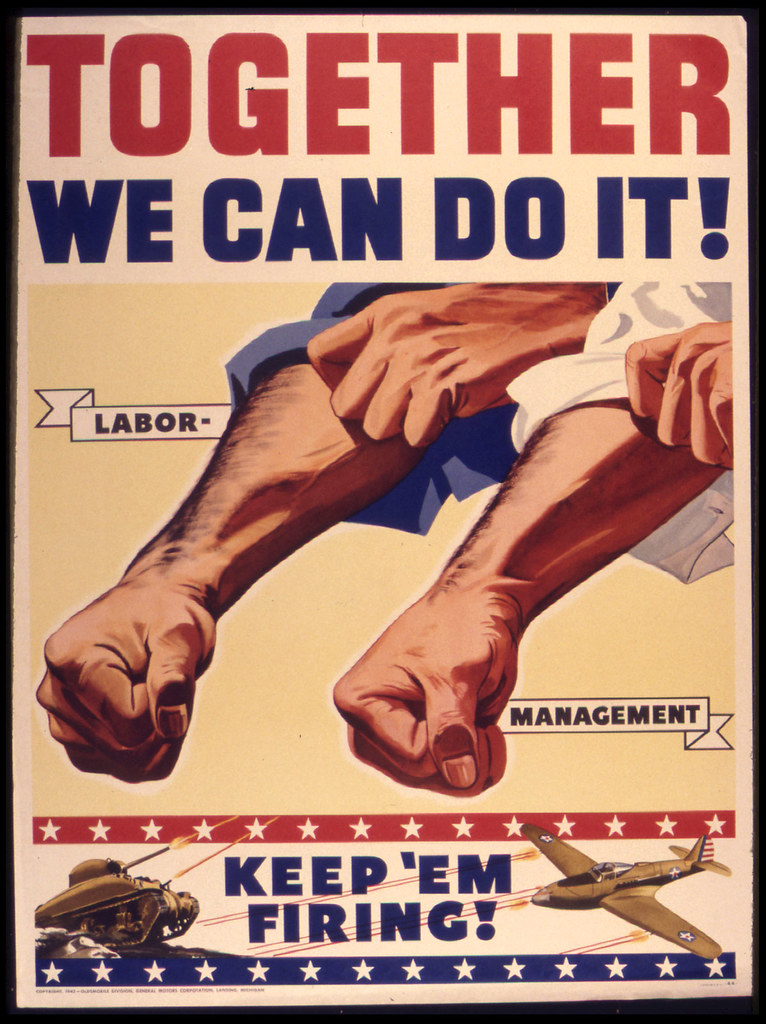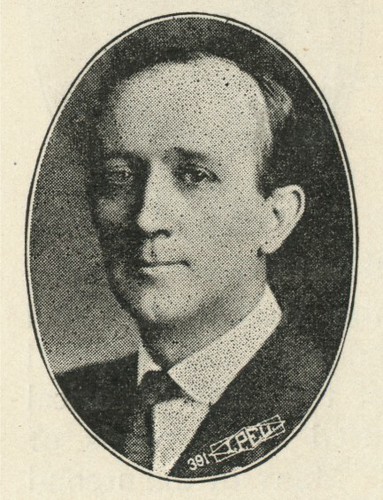Confusion is not a path forward
A response to Chris Maisano

We all sense that U.S. imperialism is in a different place now. The U.S. is weaker, while China is stronger. The Covid-19 pandemic starkly revealed many of the long-term trends of U.S. capitalism that have been building for decades.
While we should not either overplay the decline of the U.S. or underplay the rise of China, the growing conflict between the two behemoths will create a more unstable, and potentially more dangerous world. Biden is building upon Trump policies that will take us further down this path. But Biden will carry these policies forward with greater public support and legitimacy.
In his recent piece, US-China Tensions Are Escalating. What Does That Mean for the Left?, Chris Maisano is absolutely correct when he writes:
We should take the president at his word. The domestic and foreign sides of Biden’s agenda are deeply connected to each other, and reflect a growing recognition, at least within certain sections of the American ruling class, that they have a major legitimacy crisis on their hands.
The challenge for the U.S. Left is understanding why the Biden administration is linking domestic reform with great power competition, and whether we can take advantage of the former while combating the latter.
This is precisely the challenge that many U.S. social democratic leaders and intellectuals faced in the late 1960s. This was under the presidency of Lyndon B. Johnson (LBJ), during the last great spurt of liberal reform. The questions then was, could Johnson provide both “Guns and Butter,” that is, could he fund his Great Society programs, while fighting a full-scale war in Vietnam. The answer to this turned out to be a resounding “no.”
The tiny U.S. social democratic movement at the time was represented by the Socialist Party USA. In attempting to answer the question, many of its leaders— including Bayard Rustin, Tom Kahn, Norman Thomas, and Michael Harrington—went from being identified with the left-wing of the civil rights movement to becoming the faces of a liberal establishment, providing critical support to LBJ’s war efforts. As the Vietnam War progressed and the Great Society withered, millions became radicalized against this liberalism that chose guns, in the promise for butter. The old social democrats quickly became irrelevant.
Maisano writes that “[o]ne of the most important yet underappreciated dynamics of modern history is that great power conflict has been, in a certain sense, “good” for labor and the Left.” Given the recent history of the 1960s Left, and as a more general proposition, this statement cries out for further explanation and clarification that, unfortunately, is not forthcoming.
Maisano may be right when he says that “[t]he US left’s revival has been partially facilitated by the fact that we cannot plausibly be labeled as agents or sympathizers of a hostile foreign power. Throwing this advantage away would be a major self-inflicted wound.”
I like to think we agree that principled anti-imperialism is not based on automatic support to the competitor states of the U.S. empire, for example, China. But, wouldn’t it be more damaging for the U.S. Left if, rather than being labeled as agents of a foreign power, we were labeled as agents of U.S. power?
After all, one of the major problems for much of the “progressive” movement in the U.S. has been its support, in various guises, for U.S. imperialism throughout the 20th century and well into the twenty-first century.
The revival of liberal reformism during the first months of the Biden presidency has produced much confusion throughout the U.S. Left, especially in and around DSA. The fate of the social democrats in the 1960s, and the more recent history of the liberal left, defending imperialism when a Democrat is the Commander-in-Chief, should be a big warning sign for our future.
Where does Maisano stand on all of this? It’s hard to tell. On one hand, he warns against being seen as an agent of a “foreign power,” while at the same he says, “the Left should not go beyond respect for China’s legitimate aspirations.” Then he argues, “We do not have to ignore, excuse, or support the actions of a repressive government because it calls its system “socialist”.” I agree with the latter but not with the former. Where do legitimate aspirations end and illegitimate ones begin?
Is the source of Maisano’s confusion here that he sees China as still an oppressed or post-colonial nation? Lenin wrote long ago that the only legitimate aspirations of a nation belong to oppressed nations not the Great Powers. But by any measure China hasn’t qualified as an oppressed nation for decades, and in the twenty-first century, China belongs definitively in the latter category.
Or does Maisano think that all states, without regard to their historical status, have “legitimate aspirations”? By the same reasoning, many have used the “legitimate interests” of the U.S. to justify wars, violence at the border, and numerous imperial adventures. Ultimately, the idea of any state having “legitimate aspirations” elides the question of the class nature of the state, and whose aspirations are being pursued.
Confusion runs through the heart of Maisano’s article, especially his analysis of great power conflict and the working class. Is great power conflict, if not outright war, good for the working class? The tens of millions who died from combat, disease, and genocide during and following both World Wars might say no. The red scares that followed both wars in the United States that decimated the left and civil liberties should give pause to any wartime concessions to the labor movement.

It is here that the article confuses the temporary concessions won by trade unions for their institutional support for war measures with historic gains made by working class struggle. “Maintenance of membership” clauses granted by the National War Labor Board during WWII to the UAW which vastly increased union membership and treasuries, was not the same thing as the concessions won through the GM Sit-Down strike. It was a step in the process of integrating the trade union officialdom into the state.
Maisano can’t seem to make up his mind on the big picture today. On one hand he says, “the return of great power conflict may well open new possibilities for domestic reform and working-class bargaining power that simply did not exist during the neoliberal era.” But just as quickly adds, “This does not, in any way, mean that the US left should welcome an aggressive policy toward China or embrace a politics of social imperialism. That would be a disaster.”
Well, what is it? A disaster or an opportunity?
Maisano appears to see the pitfalls before us but pulls back from the necessary political conclusions. For example, he warns not to follow the example of William Z. Foster, who sold liberty bonds while organizing the stockyards in Chicago during World War I. “Some will be tempted to take a similar approach to the great power conflicts of our own time,” he writes. Foster solved his own dilemma by embracing the Russian Revolution and Communist International.
By the 1920s, Foster brought a generation of trade union communists into the revolutionary movement. He is the most important Marxist working class leader in U.S. history, at least before his capitulation to Stalinism. This is not just a question of his role in building the Trade Union Educational League , but for what he represented in the fight for political leadership in the working class movement. Foster chose Bolshevism over syndicalism or the pure and simple trade unionism of the AFL.

Image by Tobias Higbie
I agree with Maisano when he writes that “[i]t will not be easy to take advantage of today’s potentially more favorable environment for domestic reform in a principled, anti-imperialist fashion. The first step is understanding the new terrain so we can keep our footing.”
Our footing must be on solid ground, including independence of the socialist movement from a Democratic Party genetically committed to the defense of U.S. empire, mass struggle to win concessions on a broad array of social demands from housing to healthcare, opposition to any form of xenophobia and war mongering towards China, defunding of the U.S. military, and support for oppressed peoples around the world.
Unfortunately, Chris fails to chart a political path out of the chopping waters. His article is so full of half-thoughts, vague formulations, and ambivalent historical analogies that it doesn’t make much sense. It represents, I believe, an unwillingness to fully comprehend the coming conflicts, and the rather unpopular position that socialists will find ourselves in fighting for domestic reforms while challenging U.S. imperialism and Sinophobia in the near future.
Feature Image Credit: David Starkopf via Flickr. Modified by Tempest.
We want to hear what you think. Contact us at editors@tempestmag.org. And if you've enjoyed what you've read, please consider donating to support our work:
DonateJoe Allen View All
Joe Allen is a long-time labor activist and writer. His latest book is The Package King: A Rank and File History of UPS.
